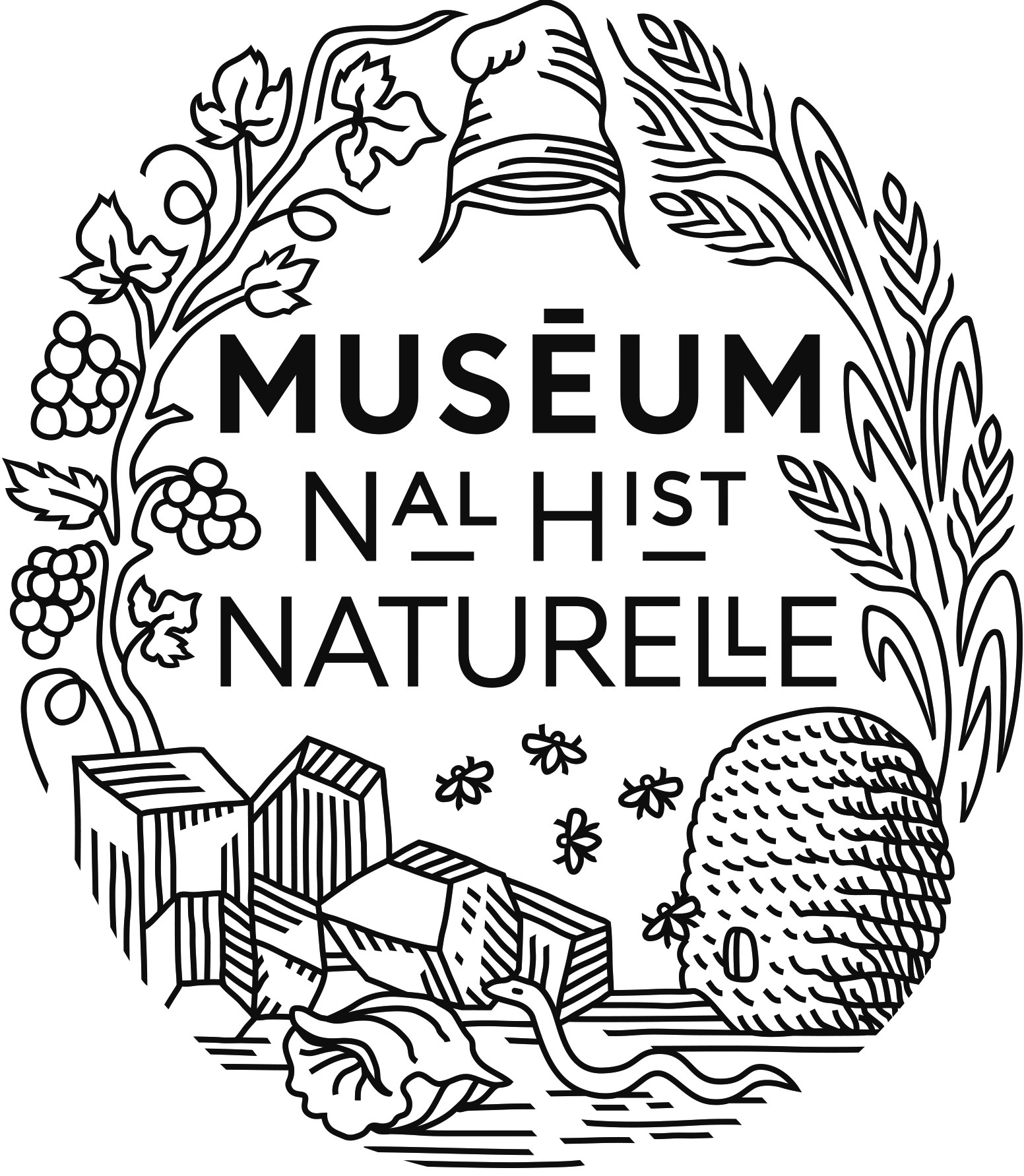Dietary reconstruction of domestic mammals in the Keriya Valley (Xinjiang, China) during the Bronze and Iron Ages using stable isotope analysis of animal hair
Résumé
Textiles can provide a wealth of information about the practices of ancient cultures. Here we present the carbon and nitrogen stable isotope analyses of a large corpus of well-preserved animal fibres from two Bronze and Iron Age sites in the Keriya Valley (Xinjiang, NW China), an area which lies at the crossroads of exchange and circulation of goods, practices and culture in Eurasia. Our aim is to reconstruct the diets of domesticated herbivores (goat, sheep, cattle, camel) found at these sites in order to shed light on pastoral practices. Caprines and cattle relied heavily on C3 plants with a δ13C mean ratio of -- 19.8 ± 1.5 ‰ and --20.3 ± 1.8 ‰ respectively, in accordance with other studies in Xinjiang. Occasional consumption of C4 plants is also observed in caprines. These variations may be due to herd mobility and/or seasonal availability of local vegetation or textile trade. Two Iron Age individuals (a camel and a bovid) show a high C4 plants intake. This diet is highly unusual in this
context and specific herding practices with millet feeding could be considered.
| Origine | Fichiers éditeurs autorisés sur une archive ouverte |
|---|



